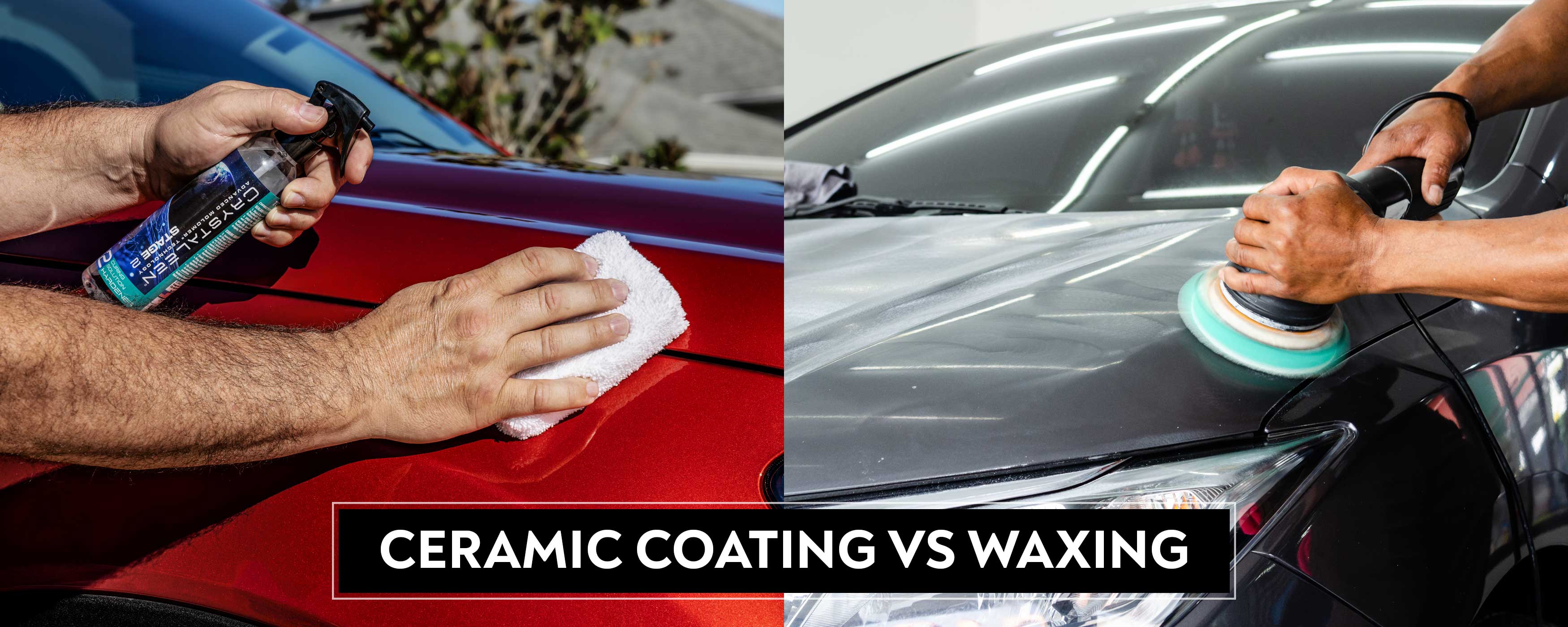Necessary Auto Treatment Tips for a Durable Car
Keeping a vehicle is not merely an issue of convenience; it is a vital financial investment in its longevity and performance. By adhering to necessary car care suggestions-- such as normal oil adjustments, tire maintenance, and battery health and wellness management-- lorry owners can dramatically extend the life of their vehicles while stopping pricey fixings. However, the complexities of each maintenance task are commonly ignored, leaving several vehicle drivers uncertain about best practices. Recognizing these information is essential, as disregarding also the tiniest aspect can cause unforeseen consequences. What important steps might you be ignoring in your own vehicle care regimen?

Normal Oil Changes
Keeping your car's engine health pivots dramatically on routine oil adjustments. Engine oil plays an essential duty in lubricating the moving components of the engine, reducing friction, and stopping wear and tear. Gradually, oil degrades and accumulates pollutants, which can cause lowered engine effectiveness and possible damage if not attended to without delay.
The regularity of oil modifications can depend upon numerous factors, including the type of oil made use of, the lorry's make and model, and driving conditions. Normally, it is a good idea to change the oil every 3,000 to 5,000 miles for traditional oil, while artificial oils can often extend the interval to 7,500 miles or even more. Always consult your car's owner handbook for the maker's referrals.
Ignoring oil adjustments can cause inadequate engine efficiency, reduced fuel performance, and, inevitably, pricey fixings. By sticking to a routine oil adjustment routine, you not just make certain ideal engine function but also extend the life of your car. Regular maintenance checks at a trusted solution facility can assist keep you informed about your car's specific needs, ensuring that your engine remains in peak problem for years ahead.
Tire Upkeep Practices
Appropriate tire maintenance is crucial for ensuring safety and security, efficiency, and durability of your car's tires. Frequently examining tire stress is vital; under-inflated tires can result in poor handling and raised wear, while over-inflated tires may cause a harsher experience and decreased traction. It is suggested to check tire stress a minimum of once a month and eventually journeys, using the manufacturer's requirements located in the proprietor's manual or on the driver's side door jamb.
In addition, turning your tires every 5,000 to 7,500 miles promotes even wear, lengthening their lifespan. This technique is especially important for automobiles with uneven weight distribution. Inspecting tires for indications of damage, such as cuts, leaks, or protrudes, ought to be a routine component of vehicle treatment.
Keeping appropriate positioning and balancing is likewise essential; imbalance can lead to unequal tire wear and detrimentally affect vehicle handling. Ensure tread deepness is enough for optimum traction, particularly in damaging weather conditions. A basic cent examination can help evaluate walk deepness: put a penny into the walk with Lincoln's head encountering down; if you can see his whole head, it's time for brand-new tires.
Brake System Treatment

Brake pads need to be taken a look at every 6,000 to 10,000 miles, and any type of signs of extreme wear or thinning suggest the requirement for replacement. Rotors must likewise be looked for wear and bending, as these click for more info problems can jeopardize stopping performance. When changing pads to make sure a smooth braking surface area., it's recommended to replace rotors.
Brake liquid is another essential element that needs surveillance. It must be changed every 2 years or as recommended by the supplier, as old liquid can soak up moisture, bring about decreased performance.
Furthermore, pay attention for uncommon noises, such as grinding or squealing, which can signal an underlying concern. Attending to these troubles quickly can prevent much more costly and substantial repairs. By prioritizing brake system treatment, vehicle owners can boost both safety and efficiency when traveling.
Battery Health Administration
A vehicle's battery is the heart of its electric system, playing an essential function in beginning the engine and powering various elements. Correct battery Our site health management is necessary for ensuring optimal performance and long life. Normal inspections can assist determine concerns prior to they escalate. Start by analyzing the battery for indications of deterioration, such as white or green residue around the terminals. Tidy it thoroughly making use of a solution of baking soda and water. if corrosion is present.
Additionally, ensure that battery links are tight and safe. Loose links can bring about inadequate efficiency and may cause starting concerns. When fully billed, monitoring the battery voltage is additionally crucial; most modern lorries have a common voltage of concerning 12.6 volts. If the voltage goes down below 12.4 volts, it might be time for a recharge or replacement.
Extreme temperature levels can negatively influence battery life, so think about safety steps throughout harsh problems, such as insulating covers or vehicle parking in shaded locations. Lastly, think about having your battery tested consistently, particularly if it's even more than three years old, to prevent unexpected failures and guarantee your vehicle stays reliable.
Regular Liquid Checks
While several vehicle owners concentrate on the outside appearance and tires, regular liquid checks are just as critical for maintaining vehicle performance and safety. Orlando Car Care. Routinely keeping an eye on necessary liquids can stop pricey repair services and make certain optimum procedure
Primarily, inspect engine oil levels. Oil lubricates engine components, reducing rubbing and protecting against getting too hot. Low oil levels can lead to engine damages, so it's suggested to inspect this regular monthly and change the oil according to supplier referrals.
Following, examine coolant levels. Coolant prevents the engine from overheating and shields against corrosion. A reduced coolant degree can result in severe engine damages, making it necessary to top up as required and look for leakages.
Brake fluid is an additional vital fluid that should be checked. Low brake liquid can lead to decreased page stopping performance, posing a significant security risk. Consistently check brake fluid degrees and replace it according to your vehicle's upkeep schedule.
In addition, don't ignore transmission fluid, power steering liquid, and windshield washing machine fluid. Each plays a crucial function in lorry operation. By including routine liquid check out your cars and truck care programs, you can significantly improve the longevity and dependability of your vehicle.
Verdict
In verdict, sticking to essential cars and truck care methods considerably adds to the longevity and reliability of vehicles. Regular oil changes, thorough tire upkeep, comprehensive brake system examinations, proactive battery wellness management, and routine liquid checks jointly boost performance and avoid costly repair services (Orlando Car Care). Implementing these maintenance techniques not only makes sure ideal operating yet also fosters a more sustainable method to vehicle ownership, eventually profiting both the proprietor and the atmosphere via decreased waste and source intake

Comments on “Discover Why Orlando Car Care is Your Go-To Auto Service Provider”